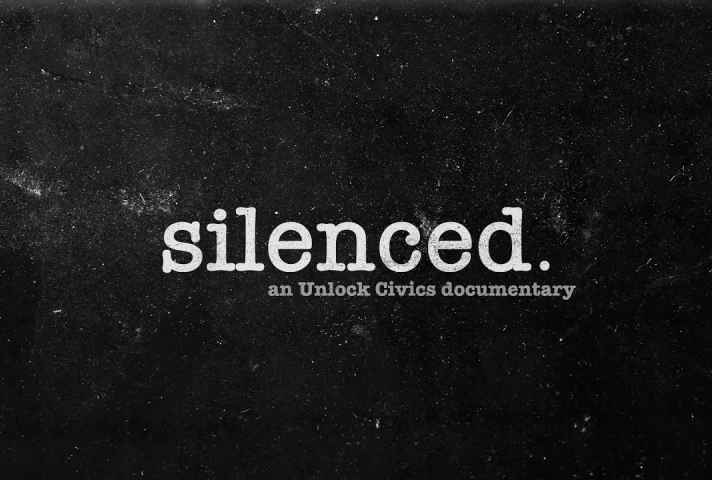Join the ACLU-NM and Organizers in the Land of Enchantment (OLE) for a screening of the impactful film "Silenced". Here are the details:
Friday, May 17, 6 – 7:30 p.m.
Santa Fe Community College Automotive Technologies Center
Trades and Technology 800
Santa Fe, NM 87508
After screening the film, we'll have a vibrant discussion on voter re-enfranchisement and the crucial efforts to restore voting rights for those formerly incarcerated individuals. Millions in the U.S. have lost their right to vote due to incarceration, but there's a growing movement, including here in New Mexico, to change that. We'll explore how ending voter disenfranchisement can reduce violence and recidivism, empowering our communities to reclaim their voice and power.
These events are free and open to all. Food will be served. Don't miss this opportunity to be part of this critical conversation!
Event Date
Friday, May 17, 2024 - 6:00pmFeatured image
